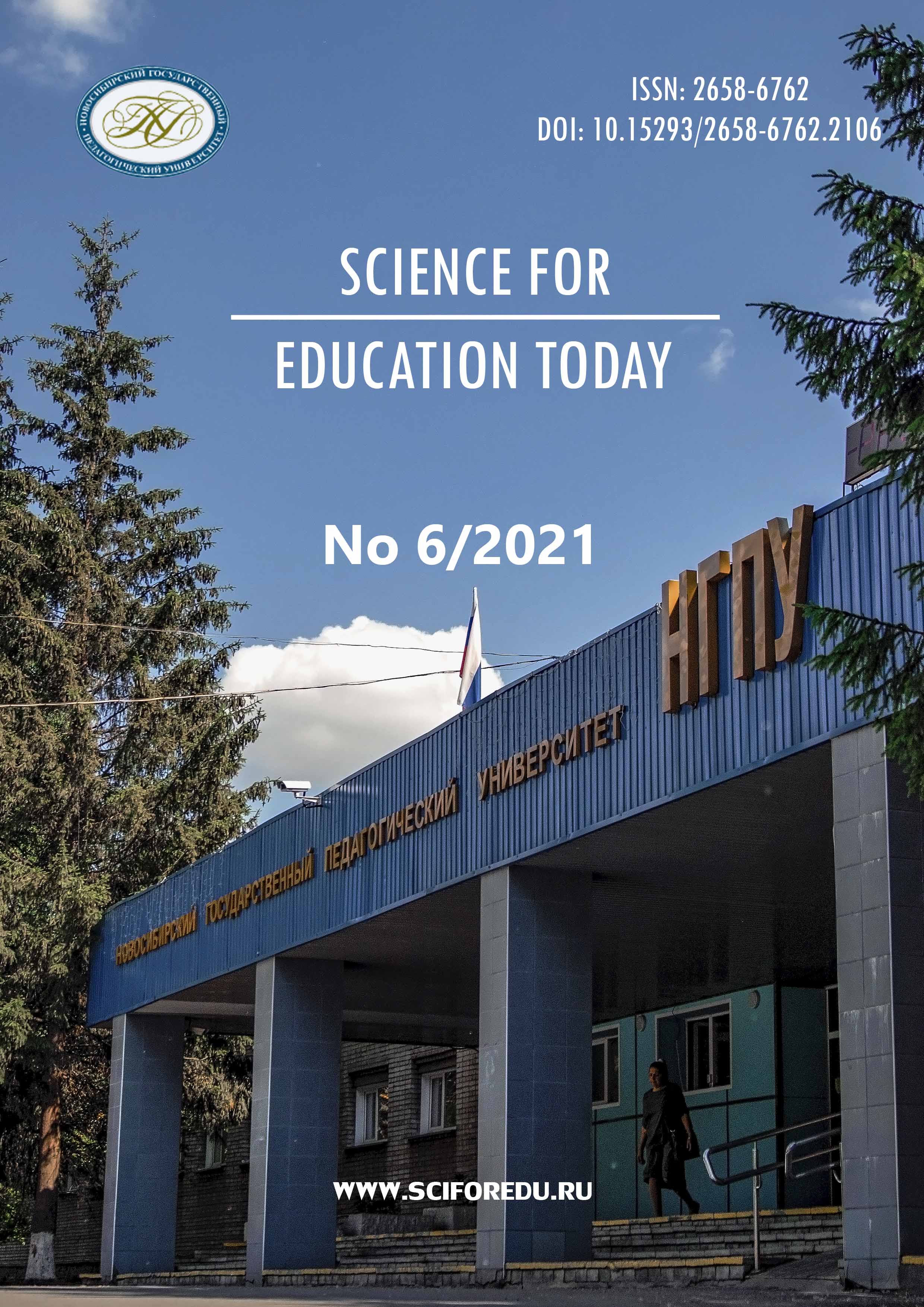Специфика информационного и коммуникационного развития образования: аналитика ценностных изменений до и после 2020 (критический обзор)
Specifics of information and communication developments in education: Analysis of value changes before and after 2020 (A critical review)
Author(s): Yury Viktorovich Pushkarev, Elena Aleksandrovna PushkarevaSubject(s): Media studies, Higher Education , Sociology of Education
Published by: Новосибирский государственный педагогический университет
Keywords: Education system; Information development; Integration of digital technologies; Virtual communication; Personality development; Value factors of development;
Summary/Abstract: Introduction. The study examines the ambiguous attitude of the scholarly community to the changes occurring in the education system, in general, and to the use of digital technologies within education, in particular. The aim of this study is to reveal the specifics of the educational changes on the basis of a critical review of research investigations, analysis of value factors determining the problems of integration of digital information and communication technologies in education before and after the COVID-19 pandemic. Materials and Methods. The research methodology includes the analysis and generalization of international and Russian refereed research literature investigating the problems of information developments of society, virtualization of cognitive processes and the development of education. Results. The research findings indicate the specificity of highly critical attitudes of the scholarly community to the use of digital technologies in education and to the current outcomes of the use of the virtual environment in the educational process. The authors emphasize that, in contrast to the situation of the previous stage, there is a particularly pronounced mediated nature of communication in the virtual space, which, as a consequence, determines the possibility of losing a range of informative elements in the process of communicative exchange. In this regard, the focus of the study is on the issues of formative assessment and feedback in the process of virtual communication in education. The authors clarify and define modern educational changes. They argue that virtualization in modern educational practice is the most important factor influencing, first of all, value orientations of the individual. The content of value orientations is changing as well. Values are being re-estimated; attention is focused on the values of safety and health. In this concern, the main attention is shifted to the following issues: the influence of digital learning on the functional body responses, the safety of educational interaction, individuals’ adaptation to altered conditions, and formation of adaptive developmental mechanisms. Conclusions. In conclusion, the authors summarize the main characteristic features and value factors which determine the problems of integration of digital information and communication technologies in education.
Journal: Science for Education Today
- Issue Year: 11/2021
- Issue No: 6
- Page Range: 96-119
- Page Count: 24
- Language: Russian

